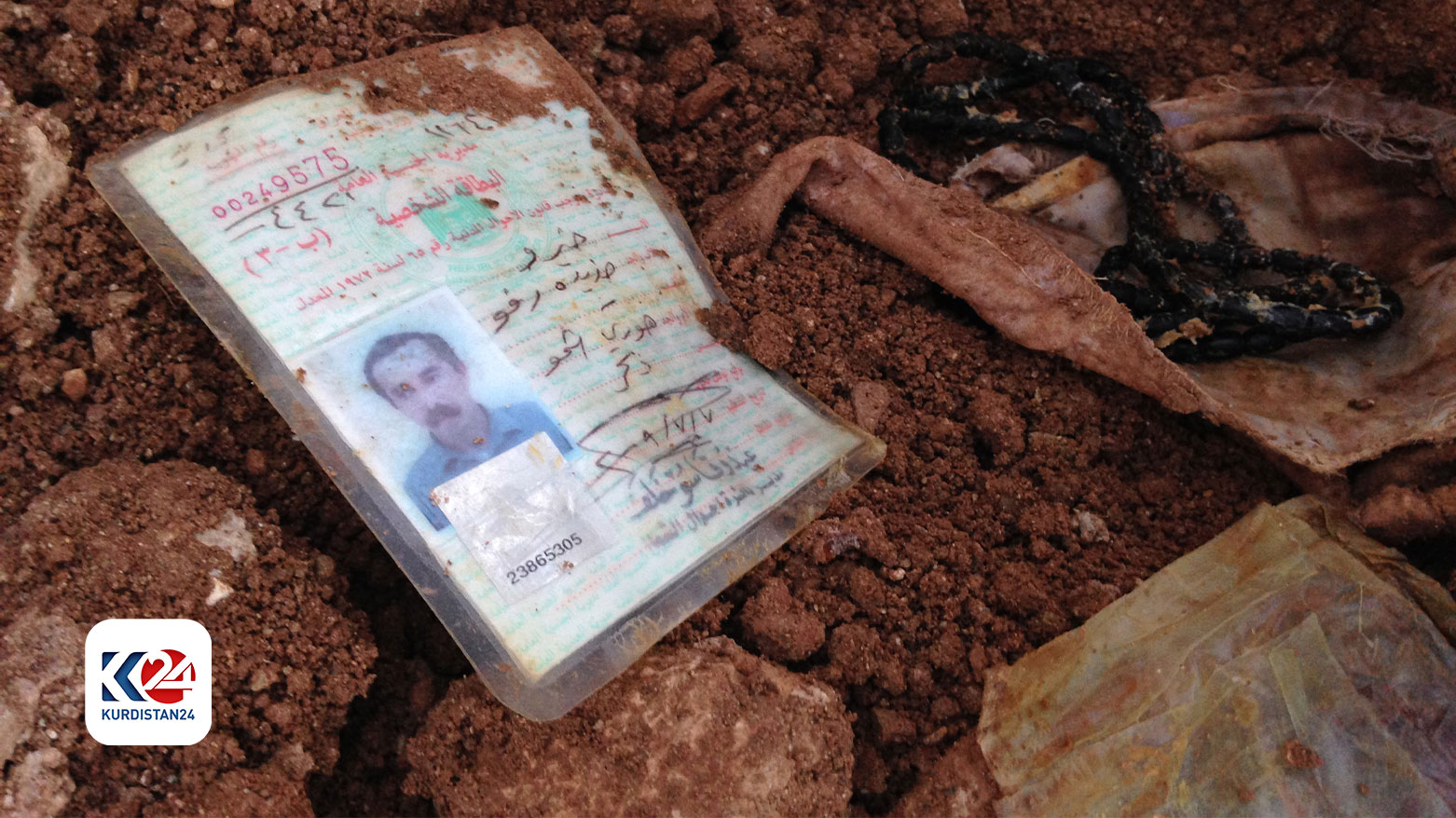Over 3,500 Yezidis rescued from ISIS captivity, thousands still missing
Hussein Qaidi, the head of the office, reported that they have successfully freed 3,583 Yezidis since beginning their operations in October 2014.

Nov. 17, 2024
ERBIL (Kurdistan 24) – The office of the Kurdistan Regional Government (KRG) dedicated to the rescue of members of the Yezidi has confirmed the liberation of more than 3,500 Yezidis, including men, women, and children, from ISIS captivity.
Hussein Qaidi, the head of the office, reported that they have successfully freed 3,583 Yezidis since beginning their operations in October 2014.
According to Qaidi, there are reports of additional captives being held in al-Hol camp in Syria's northeastern Hasaka province, as reported by Al-Hurra news outlet.
He noted that the total number of Yezidis kidnapped by ISIS reached 6,417 individuals.
In August 2014, ISIS launched a large-scale attack on the predominantly Yezidi region of Sinjar, where its militants committed genocide. However, in November 2015, Peshmerga forces, supported by the U.S.-led international coalition, succeeded in expelling ISIS from Sinjar.
The Iraqi government announced the expulsion of the extremist group from Nineveh province in August 2017, before declaring "victory" over ISIS at the end of that year.
Seven years after Iraq declared ISIS defeated, many Yezidis have not returned to their areas due to security concerns, with thousands still living in displacement camps in the Kurdistan Region.
As of July 2023, Iraqi authorities have identified 93 mass graves believed to contain Yezidi victims' remains, with 32 still unopened in the Sinjar and Baaj areas.
Of the thousands of missing Yezidis, remains of fewer than 700 individuals have been excavated, but only 243 bodies have been identified and returned to their families.
United Nations estimates suggest that ISIS left behind more than 200 mass graves potentially containing about 12,000 bodies.
The Yezidi genocide began in August 2014 when ISIS attacked Sinjar, home to the majority of Iraq's Yezidi minority. The terrorist group systematically killed, enslaved, and displaced thousands of Yezidis.
This attack led to one of the most significant humanitarian crises in recent history, prompting international intervention and recognition of the events as genocide by the United Nations and multiple countries.
The aftermath continues to affect the Yezidi community, with many survivors still traumatized and displaced, while efforts to identify victims in mass graves and rescue remaining captives continue.